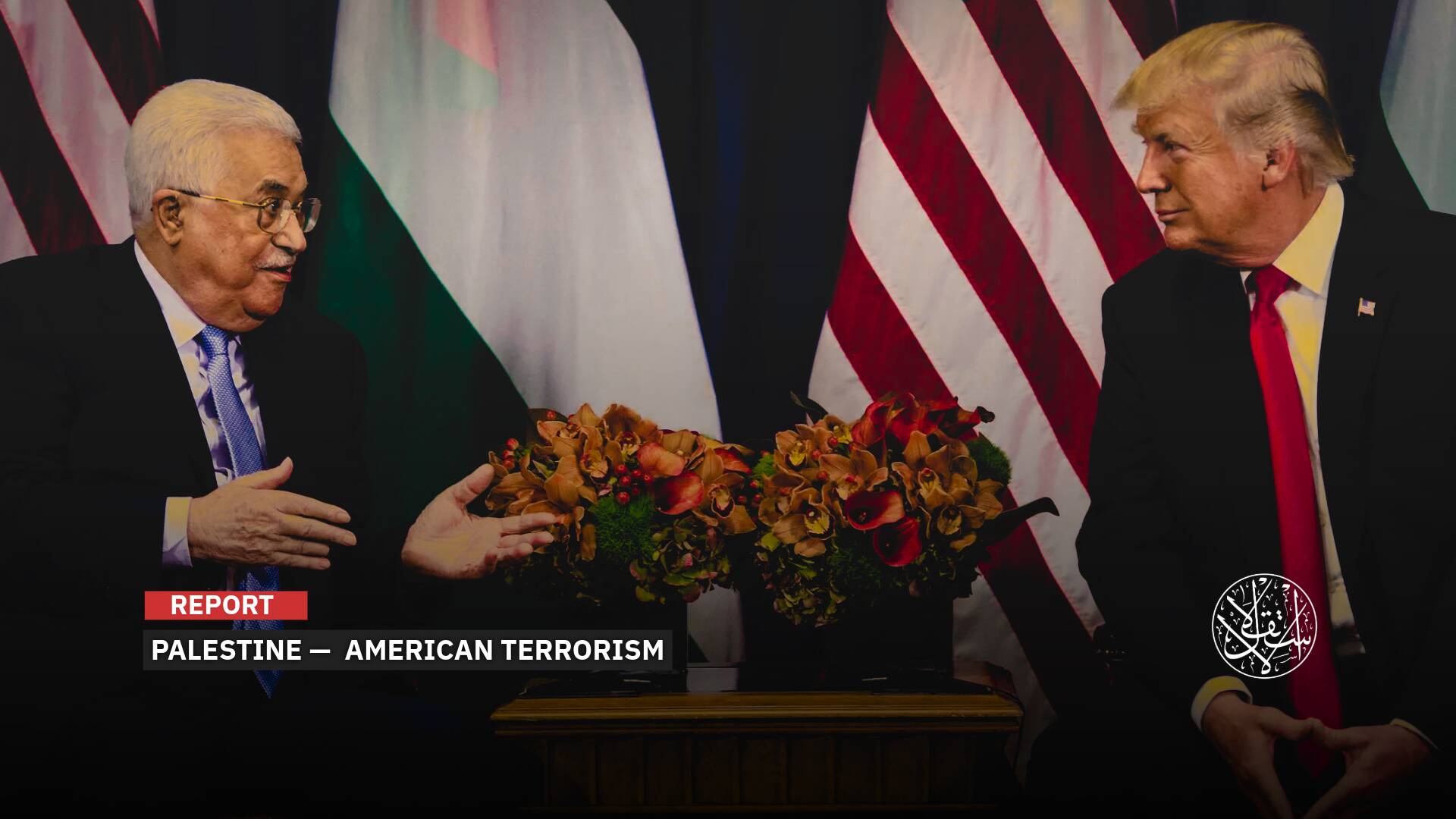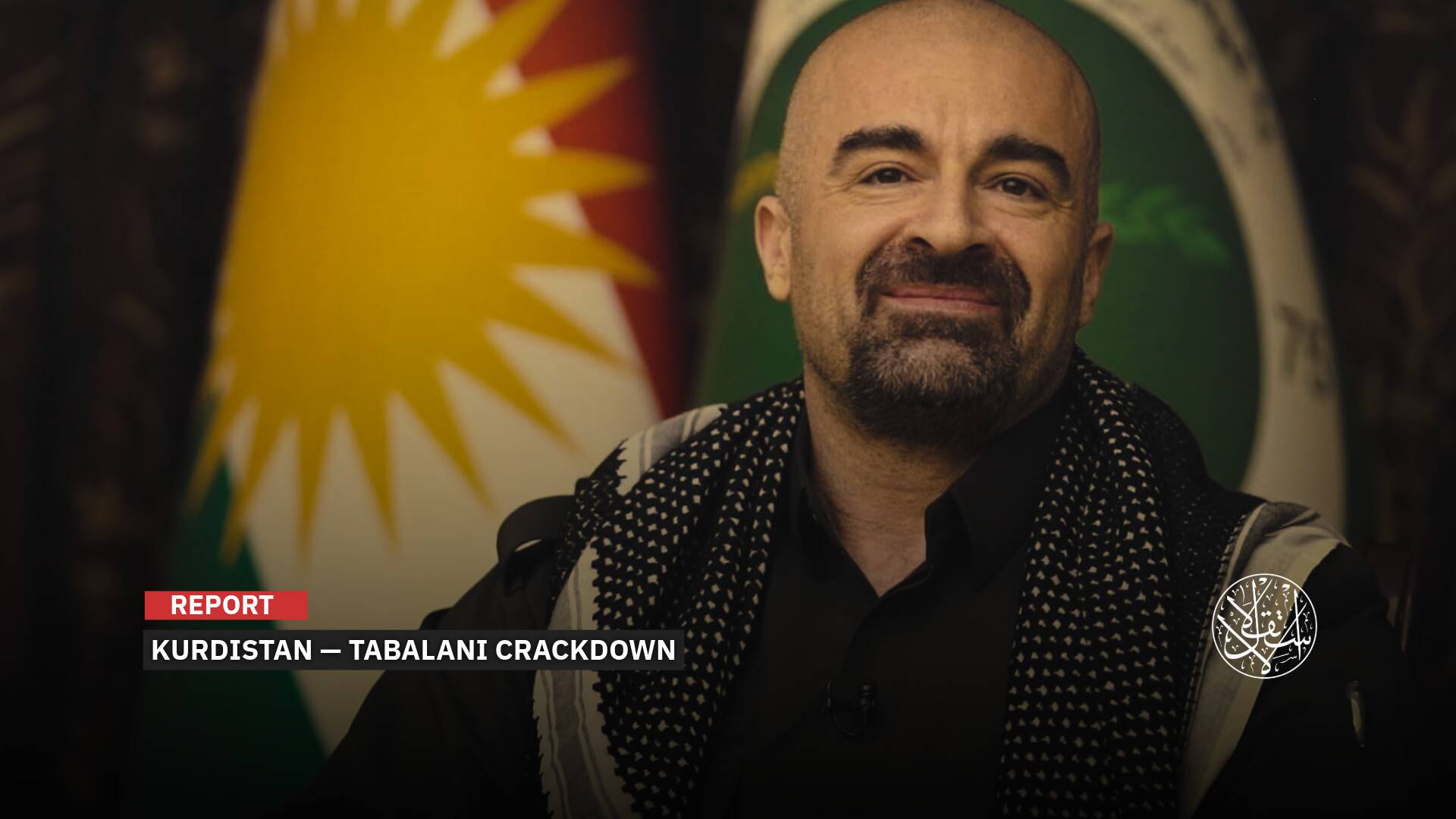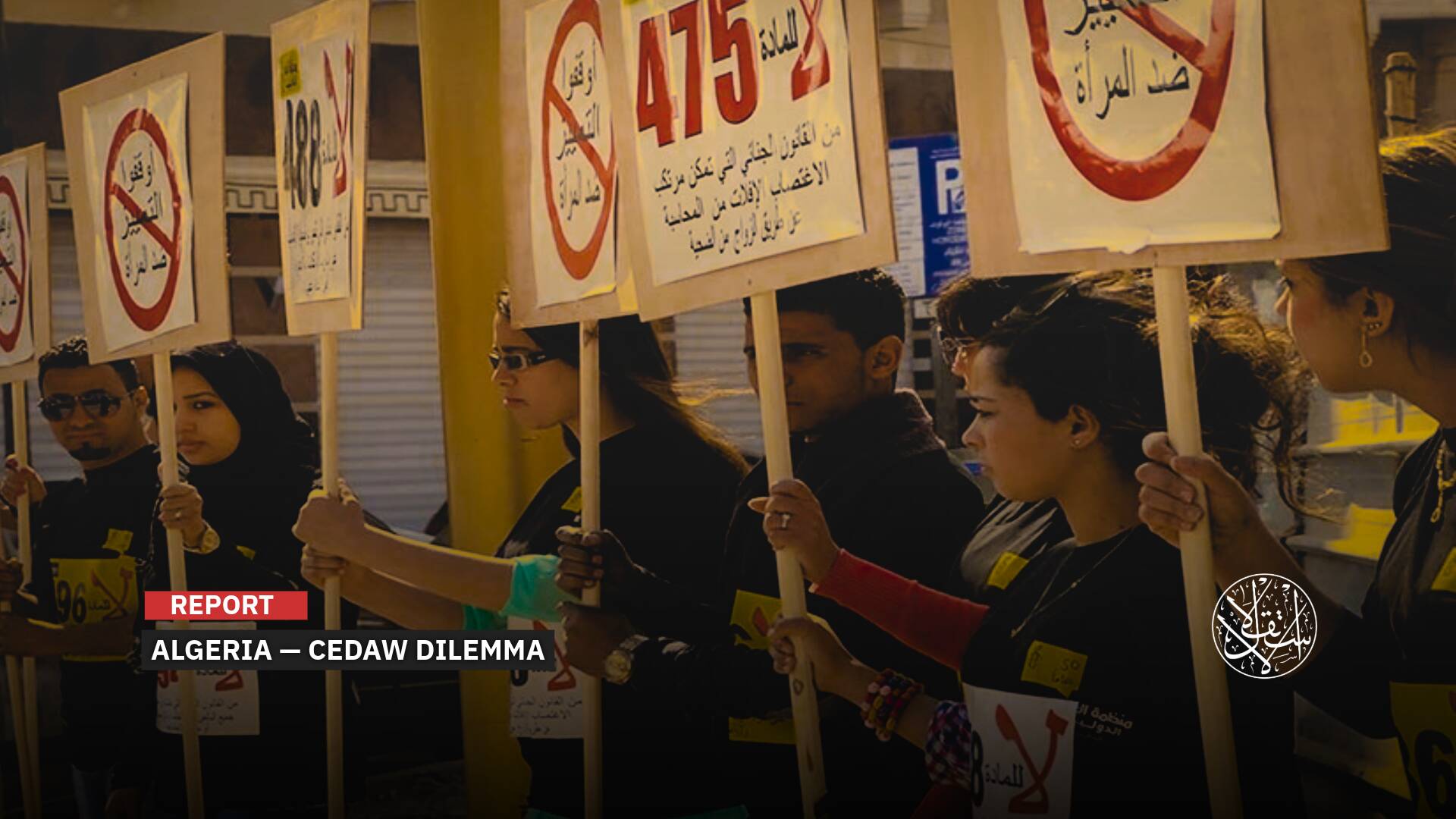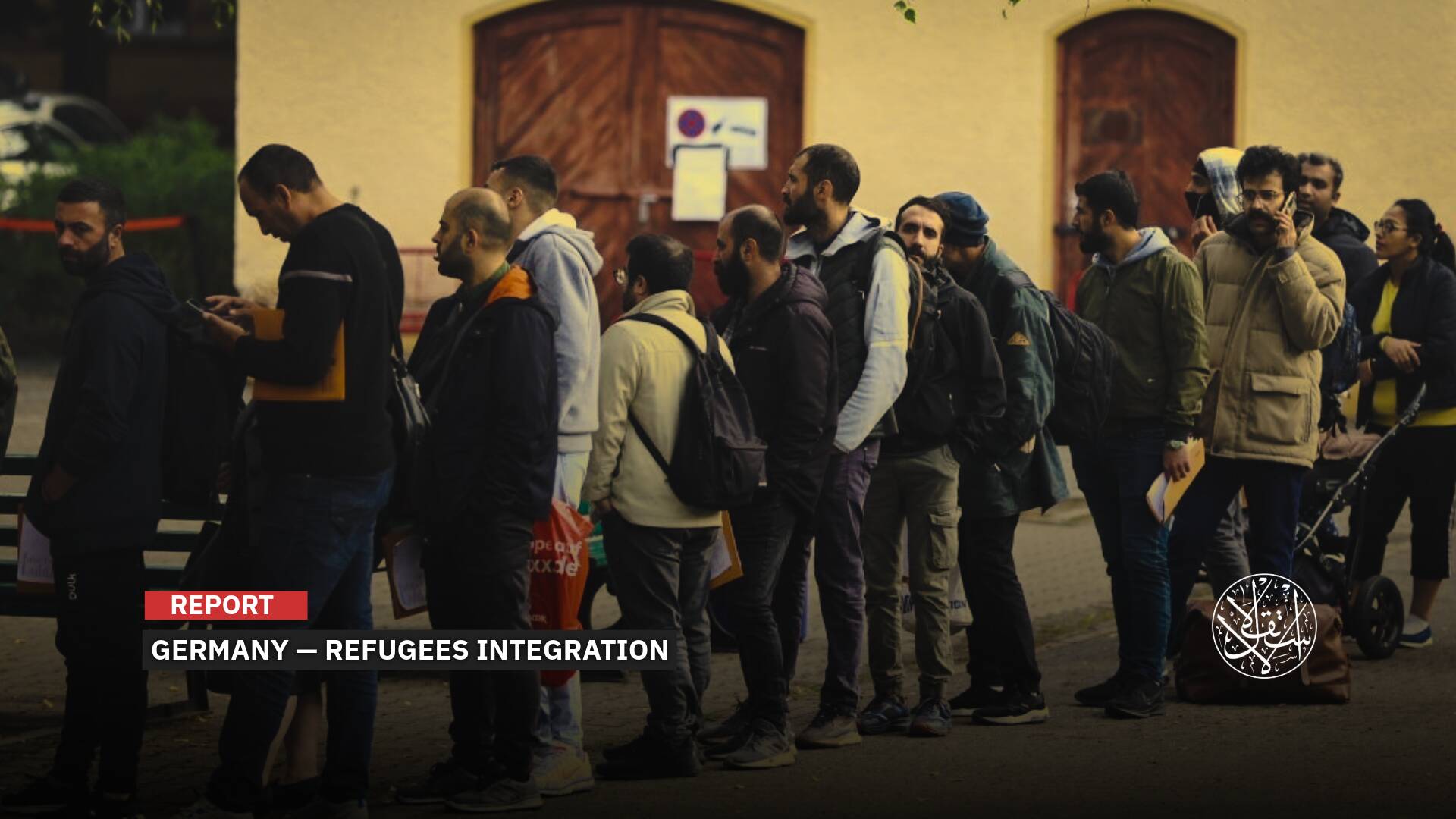This Is How Immigrants of Arab Origin Participate in Drawing the Political Map in the Largest European Country

German parliamentary elections caught everyone's attention all over the world to know the successor of Chancellor Angela Merkel, who spent 16 years at the head of the political scene in Germany.
Among the things that caught the attention of the Arab world in particular, the reservation of Germans of Arab origin for seats in the German Federal Parliament, after they decided to engage in political work in Germany.
This also indicates that German society is open, diverse and ready to elect German creators, even if they are of Arab origin.

Germany is Changing
Observers believe that the political map in Germany began to change after the end of the German parliamentary elections and the counting of all the provinces.
The Social Democratic Party (SPD) led by Olaf Scholz, the candidate for chancellor, narrowly won ahead of the Christian Democratic Union (CDU) and Christian Social Union (CSU) coalition, which dominated the political scene in Germany for 16 years led by Chancellor Angela Merkel.
The Green Party took third place, the Free Democrats Party (FDP) also came in fourth place, followed by the Alternative for Germany Party (AFD).

Deutsche Welle (DW), the German channel, said that “the new political stage in Germany showed a positive transformation. “
This is after the transformation of the Arab communities from the communities of spectators only on the political scene to communities that make political opinions by presenting candidates to the German Parliament.
Candidates of Arab origin did not lose sight of the German electoral scene, especially with the increase in the number of residents of Arab origins in the largest European country in recent years with the high wave of immigration from Arab countries that suffer from wars and various economic and political crises.
Dozens of Germans of Arab immigrant origin who had run for the Bundestag on independent lists and others as members of major parties, some of them actually succeeded in reaching the new German parliament, others failed to do so, but nonetheless tried.
This coincides with the rise in anti-Arab and anti-immigrant voices in a number of European countries, and the growth of the extreme right-wing trend.

Germans of Syrian Origin
At a time when Germany experienced crucial electoral developments, Syrians celebrated the victory of three Germans of Syrian origin with three parliamentary seats (two seats in the Bundestag and one seat for an electoral district in Berlin).
Lamia Kadour (43 years old) is a German researcher and writer in Islamic studies, she is a German of Syrian origin (Idlib), her family immigrated to Germany in the 1970s.
She won her seat for the Green Party and seeks to contribute to the creation of a real immigration law
She founded the Islamic Liberal League, worked to introduce Islamic education in public schools in Germany, and published the first German translation of the Holy Quran for children and adults.
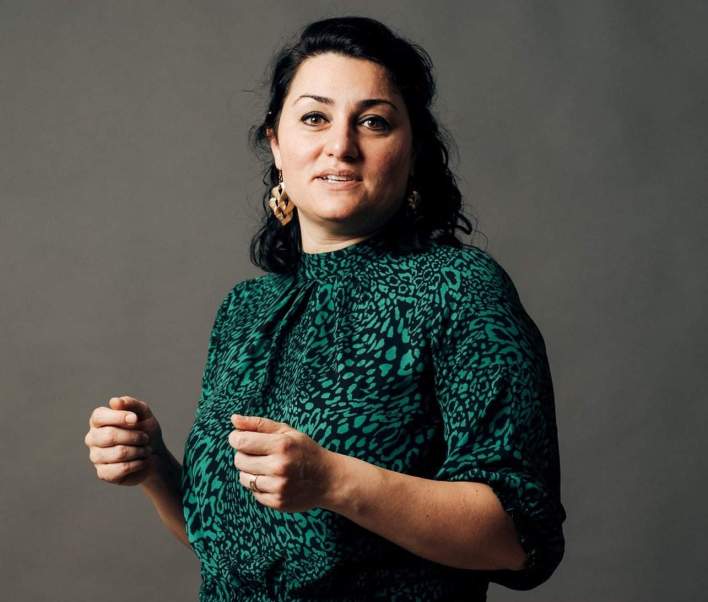
Rasha Nasr (29 years old), a political sciences and philosophy graduate, is a German of Syrian origin (As-Suwayda), her family arrived in Germany in the 1980s.
Today she is the first SPD member of immigrant background to represent Saxony in the federal parliament.

Jian Omar (36 years old), a German of Syrian-Kurdish origin (Al-Qamishli), arrived in Germany in 2005, a political science graduate.
He is known by many through his media activity over the past years and his appearance on Arab screens, he won his seat for the Green Party in the Berlin district.

Mouatasem Alrifai, a human rights and political activist and a member of the Youth Advisory Council in Germany, explained to Al-Estiklal that “the arrival of politicians of Syrian origin to the Bundestag will enhance the ability of Syrians to influence the political decision of a democratic country like Germany, and to convey the true picture of what is happening in Syria today and the destruction caused by the Assad regime to the Syrian society.”
Alrifai pointed out that “this corresponds to the recent moves in the European Union, to create a Syrian-European political body to act as an influential and effective Syrian lobby in Europe.”
“Syrians are capable of effective political and civil participation, when they have the opportunity, this is proven by Syrian youth in countries of emigration and asylum.” Expressing his regret that “the Syrians' ability to participate in political life outside their country is limited only,” Alrifai added.
However, the political activist pointed out by saying: “The winning of parliamentary seats in Germany by politicians of Syrian origin does not prove the integration of Syrian refugees into German society, it does not prove their success in political participation, as Lamia and Rasha were born in Germany, and Jian has lived in Germany since 2005, so they are not newcomers to the country.”
Last May, the German Statistical Office announced that the number of Syrians in the country had reached about 800,000.

Political Representation
In an unprecedented outcome, and according to a study published by the German Mediendienst Integration website, the number of deputies with immigrant origins in the Bundestag reached 83 out of 735 deputies, up from 58 in the previous period.
The study added that Germany has about 21.3 million citizens of immigrant origin, which is about 26% of its total population of 83 million people.
According to press reports, several Germans of Arab origin have also won parliamentary seats for the parties they represented in the recent German parliamentary elections, in addition to the three Germans of Syrian origin (Lamia, Rasha, and Jian).
Reem Al-abali-Radovan (31 years old) is a German of Iraqi-Kurdish origin, a political science graduate, she won her seat for the SPD.

Sana Abdi (35 years old), a German of Moroccan origin, a law graduate, won her seat for the SPD in Cologne.

Kassem Taher Saleh (28 years old), a German of Iraqi origin, a civil engineering graduate, won his seat for the Green Party, his main issues are immigration, asylum, integration and racism.

Ali Al-Dailami (39 years old), a German of Yemeni origin, won his seat for the Left Party in the city of Giessen. Since 2012, he has been the spokesperson for the Federal Working Group on Migration, Integration and Anti-Racism in the same party.

Muhanad Al-Halak (32 years old), a German of Iraqi origin, his family immigrated to Germany in 2001, he won his seat for the FDP. He is the head of the same party branch in the Freyung-Grafenau district of Deggendorf.

Amira Mohamed Ali (41 years old), a German of Egyptian origin, is a lawyer. For the second time in a row, she won her seat for the Left Party in Oldenburg. She was the co-chair of the same party's parliamentary group in the Bundestag last year.

Alexander Radwan (57 years old), a German of Egyptian origin, is a politician and lawyer. He succeeded in retaining his seat in the Bundestag, as he was a former member of Parliament for the Christian Social Union in the state of Bayern.

It is noteworthy that Germany has received millions of refugees in recent years, amid growing criticism from right-wing parties.
However, this has led to the emergence of new generations of immigrants, these young people have achieved different levels of integration into German society.


